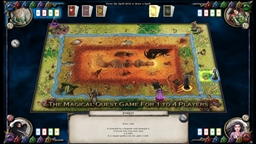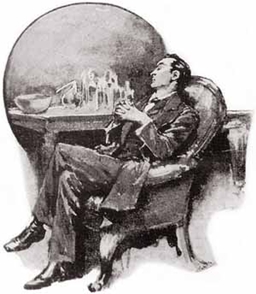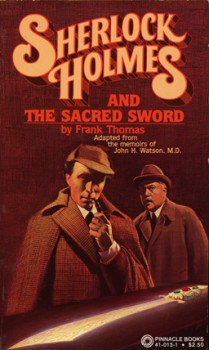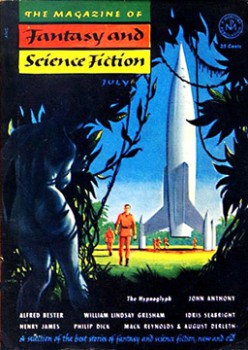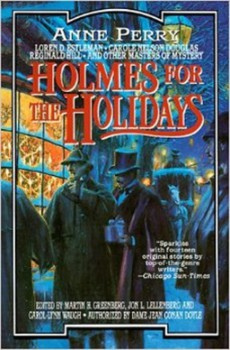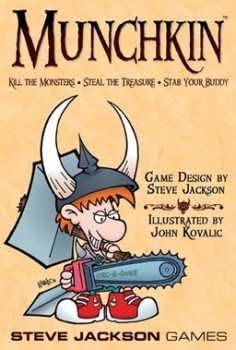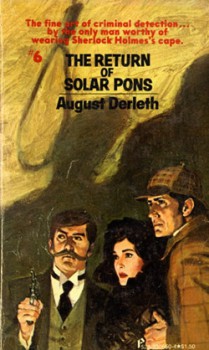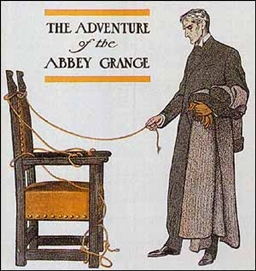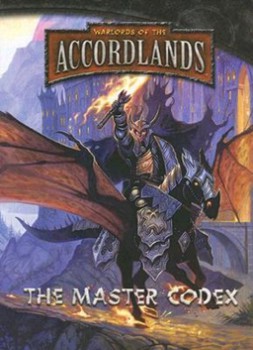The Public Life of Sherlock Holmes: Arthur Wontner, the Third Great Holmes
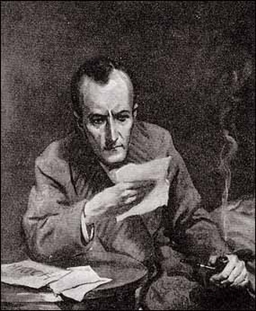
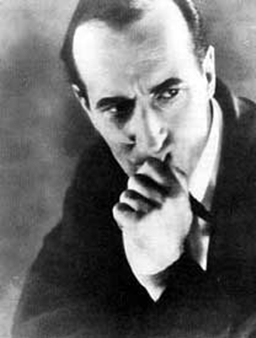
With his turn-of-the century stage play, William Gillette was the first great Sherlock Holmes. Eille Norwood was the second, making a series of popular silent film adaptations of Doyle’s stories in the early twenties. The third great Sherlock Holmes, Arthur Wontner, is one of my personal favorites.
Britain’s Twickenham Film Studios snagged Wontner after his successful performance as Sexton Blake (a detective hero of British schoolboys) and signed him to play the world’s foremost private consulting detective. The Sleeping Cardinal was a hit in England, with Wontner’s performance praised widely. Picturegoer Weekly wrote: “Wontner’s rendering of Sherlock Holmes is wholly convincing, even to the smallest mannerisms.”
Retitled The Fatal Hour to better appeal to action-oriented American audiences, it played for over a month on Broadway, which was unheard of at the time for a British film. In those pre-Oscar days, it even won the New York Critics’ Cinema Prize as the best mystery drama.
The story included elements of “The Empty House” and “The Final Problem,” though Colonel Moran only plays a minor part and Moriarty himself shoots at the bust of Holmes! Norman McKinnel’s Moriarty is one of the more under-appreciated portrayals of the Professor.
Wontner, who bore a strong resemblance to Sidney Paget’s drawings, received rave reviews. A few years later, the famous American Sherlockian Vincent Starrett wrote, “No better Sherlock Holmes than Arthur Wontner is likely to be seen and heard in pictures in our time…his detective is the veritable fathomer of Baker Street in person.”
